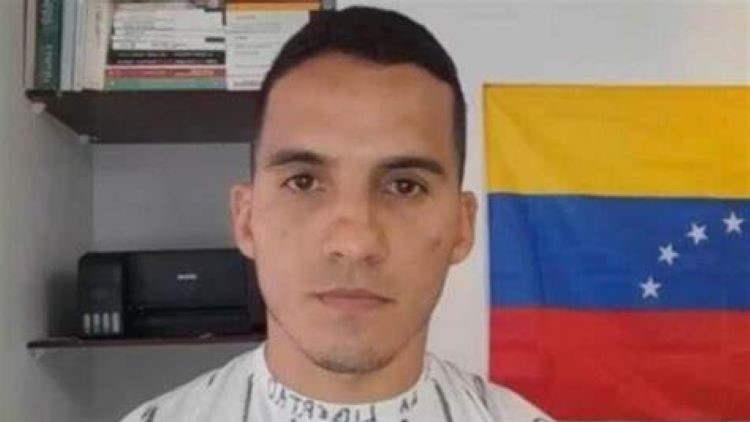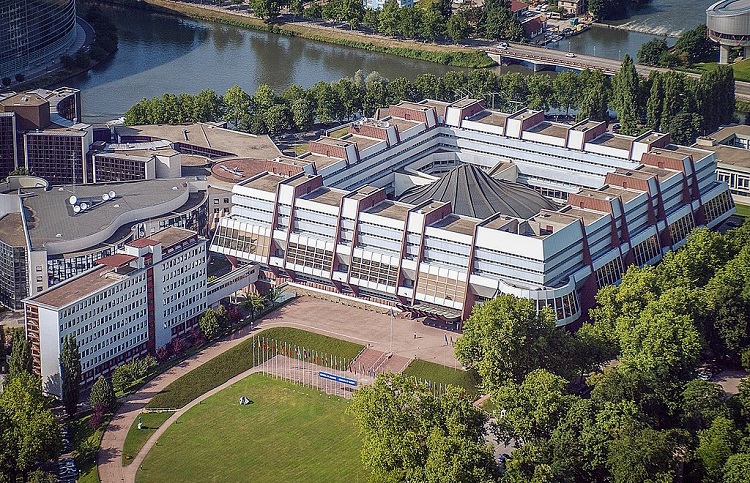Eduardo González
People’s Party Parliamentary Group has denounced the murder of former Venezuelan military officer Ronald Ojeda, who was imprisoned for alleged conspiracy against the regime of Nicolás Maduro and was kidnapped while he was in Chile as a political asylum.
In a Non-Law Proposal presented on April 4 for debate in the Foreign Affairs Commission, the Popular Group assures that Ronald Ojeda Moreno was a Venezuelan soldier who, at the end of 2017, managed to escape with other colleagues from a Chavista prison, the Ramo Verde National Center for Military Prosecutions, located in Los Teques (Venezuela) and where he was imprisoned for an alleged conspiracy against the Maduro regime.
In 2018, Ojeda arrived in Chile, a country that granted him political asylum. “On his social networks it was common for him to tell everything he had to experience for denouncing the systemic corruption of Chavista Venezuela and for being a dissident from a country that undermines human rights, freedoms and that persecutes those who think differently,” says the PP, which adds that, in December 2022, Ronald Ojeda reported that he was “a political prisoner, tortured and threatened by the Nicolás Maduro regime.”
“However, Ronald Ojeda never imagined that, in the country that protected him, he would be deprived of his freedom and murdered,” continues the motion. On February 21, Ronald was kidnapped at his home in Santiago, where alleged officers from the Chilean Investigative Police (PDI) arrived and forced the doors of his apartment. The alleged officers took Ojeda against his will from his home, tied up and in his underwear, as shown on the surveillance cameras of the building where he lived with his family. Given these events, the Chilean Prosecutor’s Office opened an investigation.
On March 1, Ojeda Moreno’s body was found in a suitcase, buried under cement, in the commune of Maipú. Ronald Ojeda’s family assures that “behind the crime is the Venezuelan Government” and therefore, the family’s lawyer has reported the background of this case to the Prosecutor’s Office of the International Criminal Court (ICC) and hopes that it will incorporate this case as “one more example of a policy of systematic repression carried out by the Chavista regime”, in this case through “the extraterritorial action of State agents to eliminate opponents of the regime.”
The president of Chile, Gabriel Boric, assured on April 12 that he will not allow “impunity” in the case of Ronald Ojeda and demanded from Venezuela “all the collaboration that is required in this case so that they search for and make available to the justice to those suspected of having perpetrated or collaborated in this vile murder.”
The PP’s motion also recalls that the United Nations has repeatedly denounced human rights violations in Venezuela, especially in the reports led by the former Chilean president, Michelle Bachelet, and that there is an open investigation in the International Criminal Court for crimes against humanity.
“Spain has the defense and promotion of human rights as the guiding axis of our foreign policy and we are firmly committed to promoting it in the world, even more so in the Latin American region, to which we are united by historical and cultural ties,” the PP stands out. “For these reasons, we should not remain expectant in the face of these events,” it warns.
“In addition, our position is of enormous relevance within the EU when it comes to addressing relations with Latin American countries, substantially with Venezuela, whose regime is subject to sanctions, sanctions that the Ministry of Foreign Affairs has addressed. repeatedly to annul, when they have not been directly violated, as happened with the landing of Mrs. (Vice President) Deley Rodríguez, in Madrid, on January 20, 2020,” it adds.
For all these reasons, the Non-Law Proposition urges the Government to “condemn the kidnapping and murder in Chile of the Venezuelan Ronald Ojeda”, to support the investigations of the Chilean State to identify those guilty of the crime, as well as its instigators and beneficiaries, to support the complaints included in the United Nations reports against the Venezuelan regime and to support the investigations of the International Criminal Court against the Venezuelan regime for crimes against humanity.
Likewise, it asks that “the sanctions against the Venezuelan regime in force in the European Union” be maintained and reinforced and that the family of Ronald Ojeda be contacted “to show the condolences of the Spanish people and offer diplomatic support, as well as the possibility of granting them refugee status in our country.”







